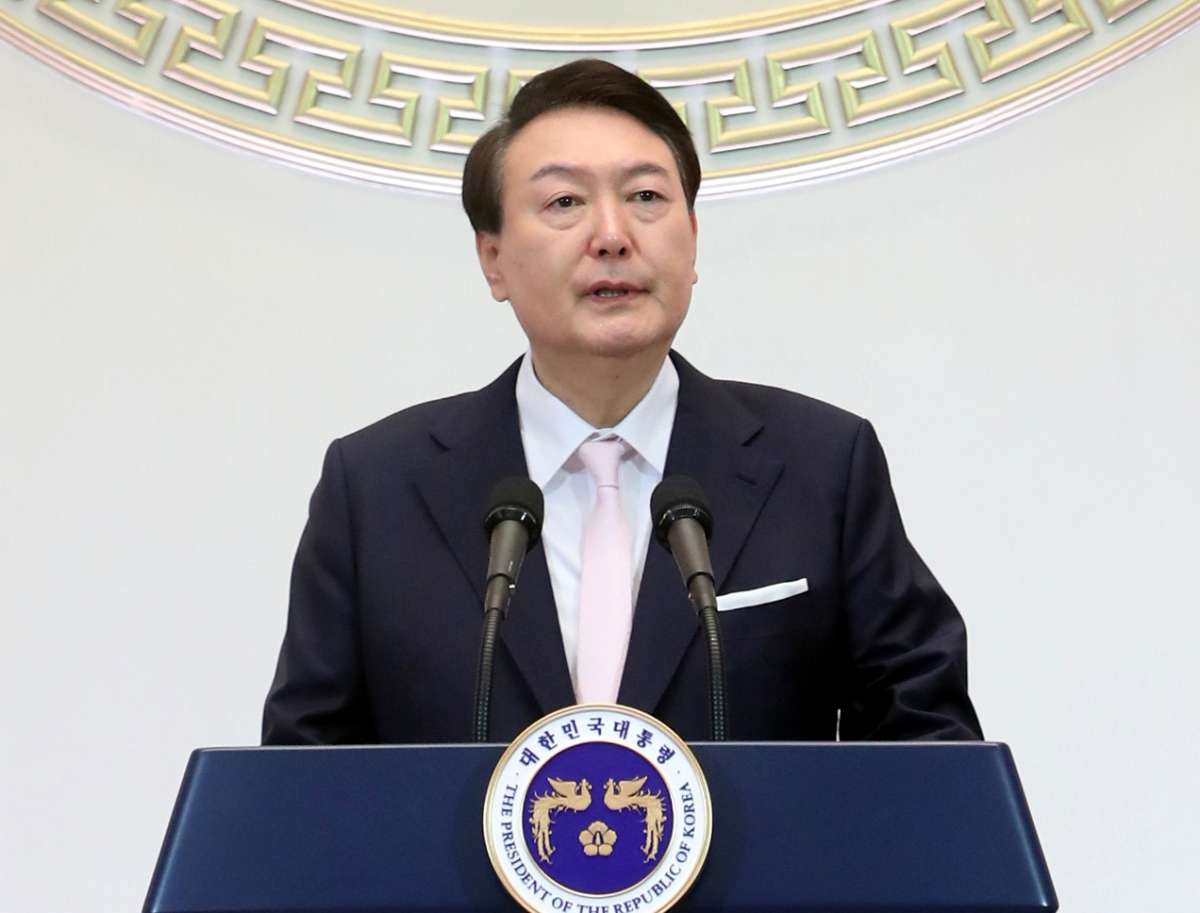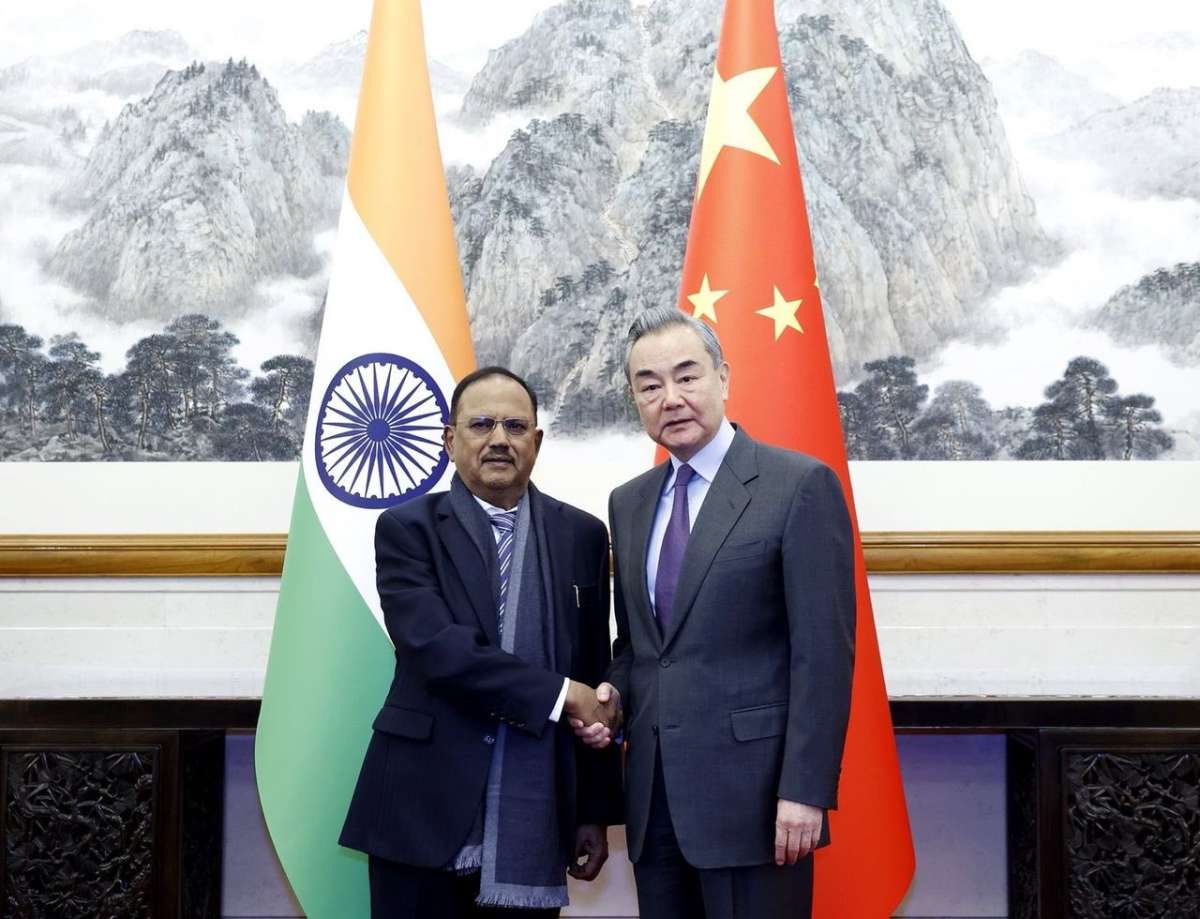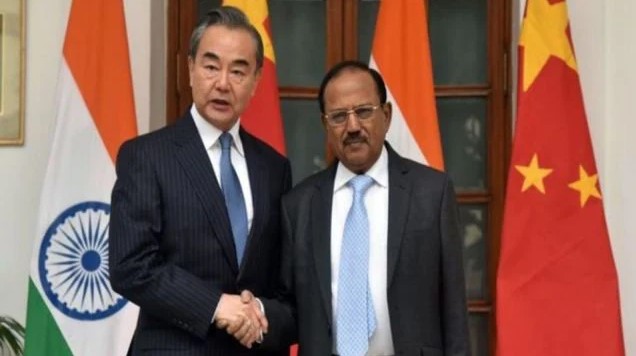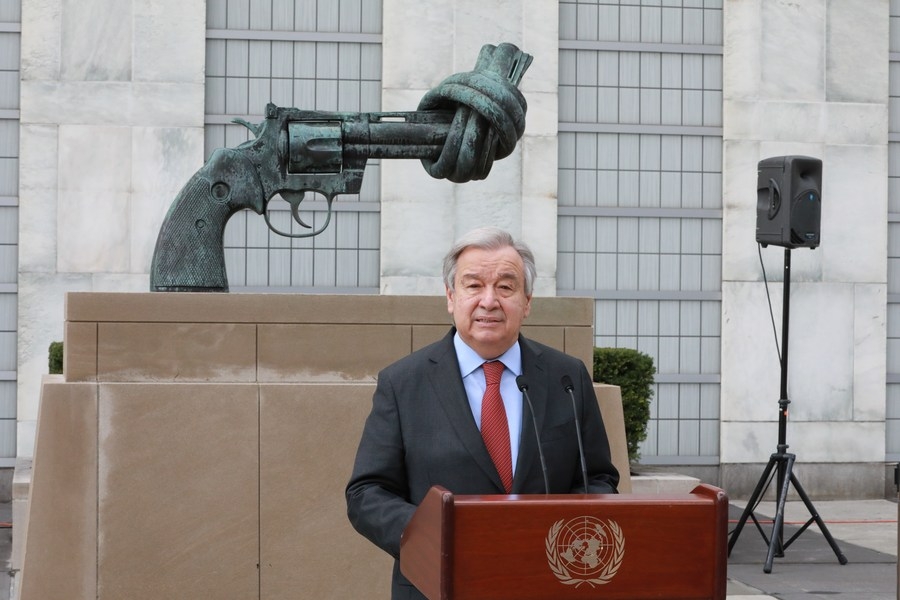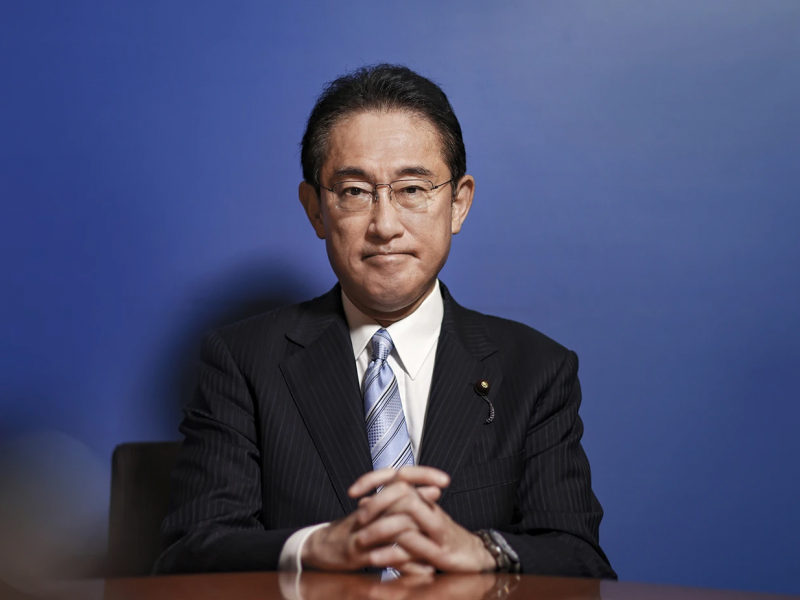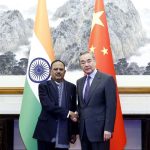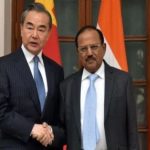Experts believe Yoon’s attendance at the G7 summit, indicate that Seoul has joined efforts against china’s economic coercion….reports Asian Lite News
Despite the fact that China is South Korea’s largest commercial partner, observers say Seoul’s growing connections with the United States and other wealthy democratic countries demonstrate its desire to offset Beijing’s economic pressure, reported Voice of America.
After a month of diplomacy that included summits with the US and G7 leaders, South Korean Foreign Minister Park Jin stated Wednesday at a hearing in Seoul that “reducing our reliance on China” and “diversifying our trading partners will help our economy.” President Yoon Suk Yeol convened a Cabinet meeting on Monday following the G7 summit in Hiroshima, Japan, and stated that he had “secured the basis of cooperation” with G7 countries such as Canada, Australia, and Germany on “safeguarding supply chain networks” in crucial minerals and semiconductors, as per Voice of America.
Voice of America (VOA) is a US-based international broadcaster, that provides news and information in more than 40 languages.
South Korea was invited to the May 19-21 summit by Japan as a non-member of the G7, which comprises the United States, the United Kingdom, Canada, France, Germany, Italy, and Japan.
Seven of the world’s wealthiest countries said in a joint press release on Saturday that they would “foster economic resilience” and oppose Beijing’s “economic coercion” and “malign practises” by “de-risking and diversifying” their trade away from China.
In a separate statement issued the same day, they stated that countries that “attempt to weaponize economic dependencies” will “face consequences,” but they did not name any countries.
Experts believe Yoon’s attendance at the G7 summit, where the G-7 countries united against China’s economic coercion, as well as his close alignment with Washington, indicate that Seoul has joined their efforts.
“The Yoon government seeks to join Washington and other allies in addressing supply chain and other economic security issues,” states Andrew Yeo, the SK-Korea Foundation Chair in Korea Studies at the Brookings Institution.
“This may entail Seoul joining Washington to some degree in countering Chinese economic coercion, but the Yoon government will still move cautiously on how it navigates issues like export controls directed against China,” he added.
China, which is the world’s second-largest economy after the US, has been accused of using its economic clout for political and military purposes.
According to the Mercator Institute for China Studies in Berlin, between February 2010 and March 2022, China engaged in 123 cases of economic coercion globally.
The Chinese Cyberspace Administration said on Sunday that Micron Technology goods posed security threats. It provided no details since China has prohibited the use of Micron’s high-end semiconductors in computers that carry sensitive data.
When then-Prime Minister Scott Morrison called for an independent investigation into the origins of the COVID-19 virus, which was first detected in humans in the Chinese city of Wuhan in December 2019, China blacklisted Australian coal and imposed tariffs on wine, lobsters, lumber, and barley in 2020. This January, Beijing lifted the coal ban, as per VOA.
Beijing also restricted its tourists from travelling to South Korea and cancelled K-pop concerts in China after the US missile defence system THAAD was deployed to South Korea in 2017.
Yoon also made a state visit to Washington in April.
Experts say one of the primary expectations Washington has for Seoul is that it restricts high-end chip exports to China. Samsung and SK Hynix of South Korea are among the world’s leading chip manufacturers.
Dennis Wilder said, “The administration has been very clear to South Korea that semiconductors used in Chinese supercomputers can help the Chinese military develop very sophisticated weapons in an area that the United States wants to see restricted. Wilder was senior director for East Asia affairs at the White House’s National Security Council during the George W Bush government.
“China’s building its military and I’m not prepared to trade certain items with China,” said President Joe Biden at a press conference after he wrapped up the summit on Sunday.
He added, “When I asked by (Chinese) President Xi (Jinping) why, I said, ‘Because you’re using them to build nuclear weapons and other weapons of mass destruction.”
The US President added, “We’ve now got a commitment from all our allies they’re not going to either provide that kind of material that allows them to do that.”
Experts said advanced Micron chips are not the type of high-tech semiconductors that Washington wants to prevent Beijing from accessing for its military, VOA reported. (ANI)
